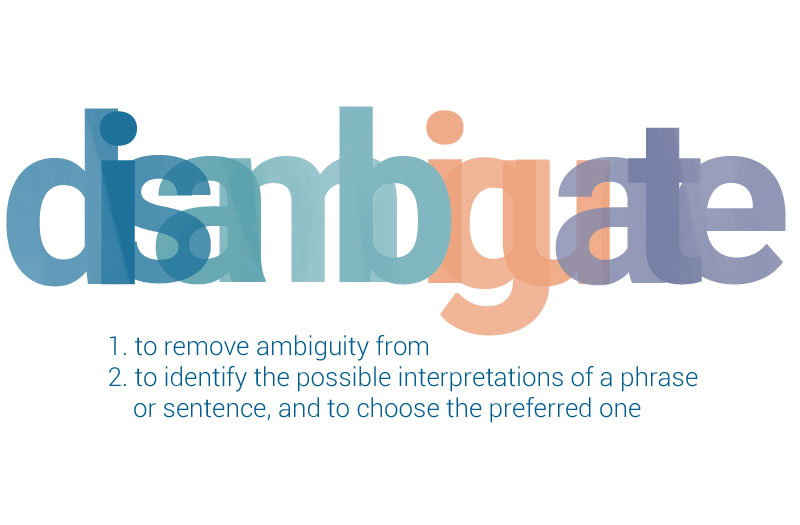 Here’s a perplexing sentence which recently caught my eye. It appeared on the front page of a local newspaper that shall remain nameless.
Here’s a perplexing sentence which recently caught my eye. It appeared on the front page of a local newspaper that shall remain nameless.
“As the current head chef of Melbourne’s fine dining, the European Restaurant, the 28 year-old’s growing talent and potential has been recognised this week in The Age 2015 Good Food Guide, earning the Young Chef of the Year.”
Say what?
While a certain sense can grudgingly be gleaned here, the meaning is unclear and the expression inelegant. It’s precisely the kind of grammatical jumble I yearn to unscramble. Let me show you how I’d do it.
We’ll begin with the modifier. This is the bit which appears at the start of the sentence (“As the current head chef of Melbourne’s fine dining”) and which modifies or provides more detail about what is to follow. In this case, it is dangling.
What has gone wrong here is that the words following the modifier (“the European Restaurant”) do not refer to the thing being modified. Simply put, the European Restaurant is not the current head chef of anything. Nor, despite any heartfelt hopes it may harbour, is it ever likely to be.
Awkwardly dangling modifiers like this can provide hours of blameless entertainment for linguistically-minded types. Yet they are also the source of genuine confusion and are best avoided by writers who want to have their words taken seriously.
It is reasonably easy to un-dangle a modifier. All you need to do is ensure that the subject of the modifier (the person, object or concept being described) is placed immediately adjacent to the modifier itself.
One way to do this in the current example is to nudge the words “the European Restaurant” to elsewhere in the sentence. Another option is to contain that phrase within a stronger form of punctuation – such as a set of dashes or brackets. However, either of these possibilities would make “the 28 year-old’s growing talent and potential” the subject of the modifier.
And that leads us to the next problem.
The “current head chef” in this sentence – who is also the subject being modified – is the 28 year old himself, not his “growing talent or potential”. This means that the words appearing adjacent to the modifier need to be “the 28 year old” and nothing else.
Other issues requiring editorial attention are whether or not the hyphen is necessary in “year-old” (it isn’t), if the words “Good Food Guide” should be in italics (they should because it is a title), and what to do with the phrase “earning the Young Chef of the Year” which sounds like it is incomplete (because it is).
A number of adjustments are thus required to disambiguate this sentence, and while it is certainly possible first to untangle and then to wrangle some meaning from it, a more efficient solution is to just begin anew.
Here’s what I would do:
“As current head chef of the European Restaurant in Melbourne, the 28 year old this week earned the Young Chef of the Year award in The Age Good Food Guide 2015.”
If a sprinkle of extra spice were required, one might try:
“As current head chef of the esteemed European Restaurant in Melbourne, the talented 28 year old this week earned The Age Good Food Guide’s 2015 Young Chef of the Year award.”
See what I mean?
Have you ever been muddled or misconstrued by a deceptively dangling modifier? Care to share any entertaining examples you’ve encountered?